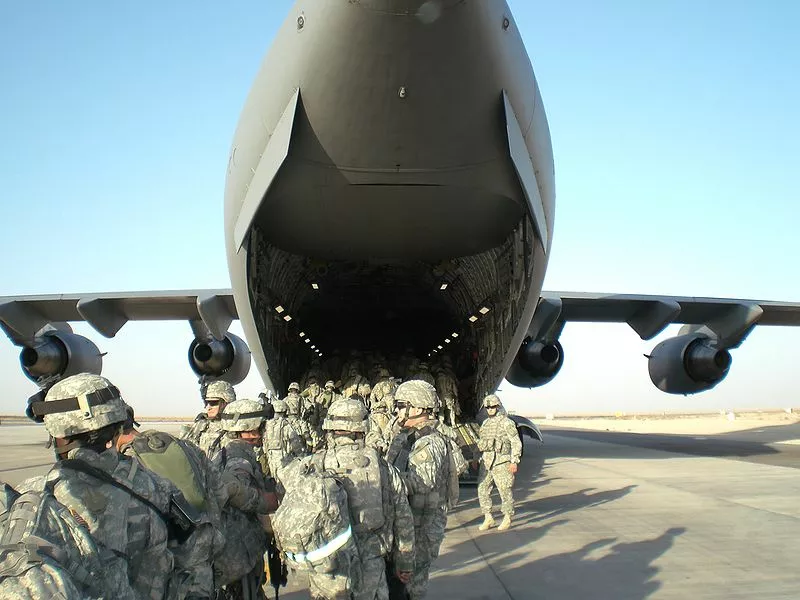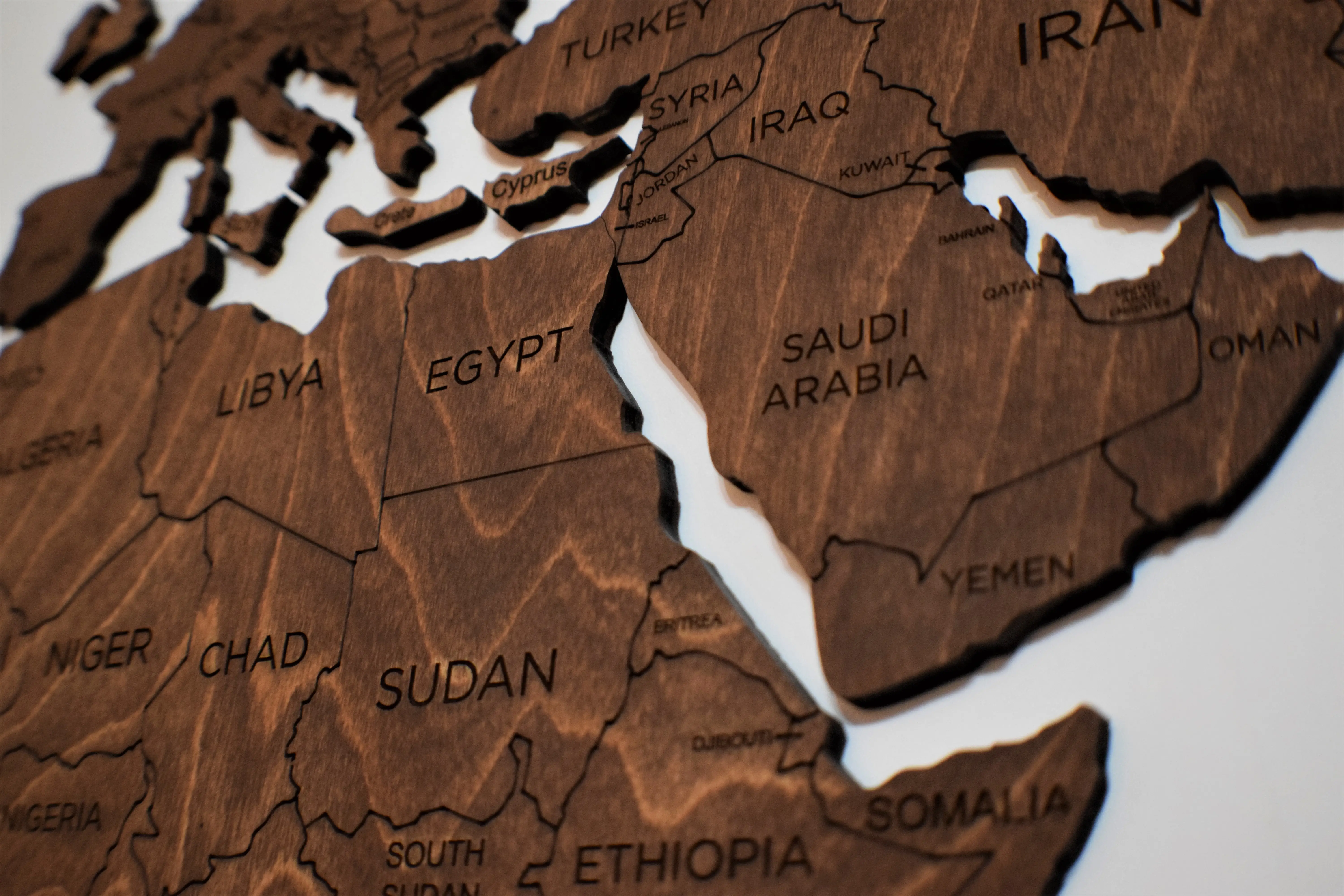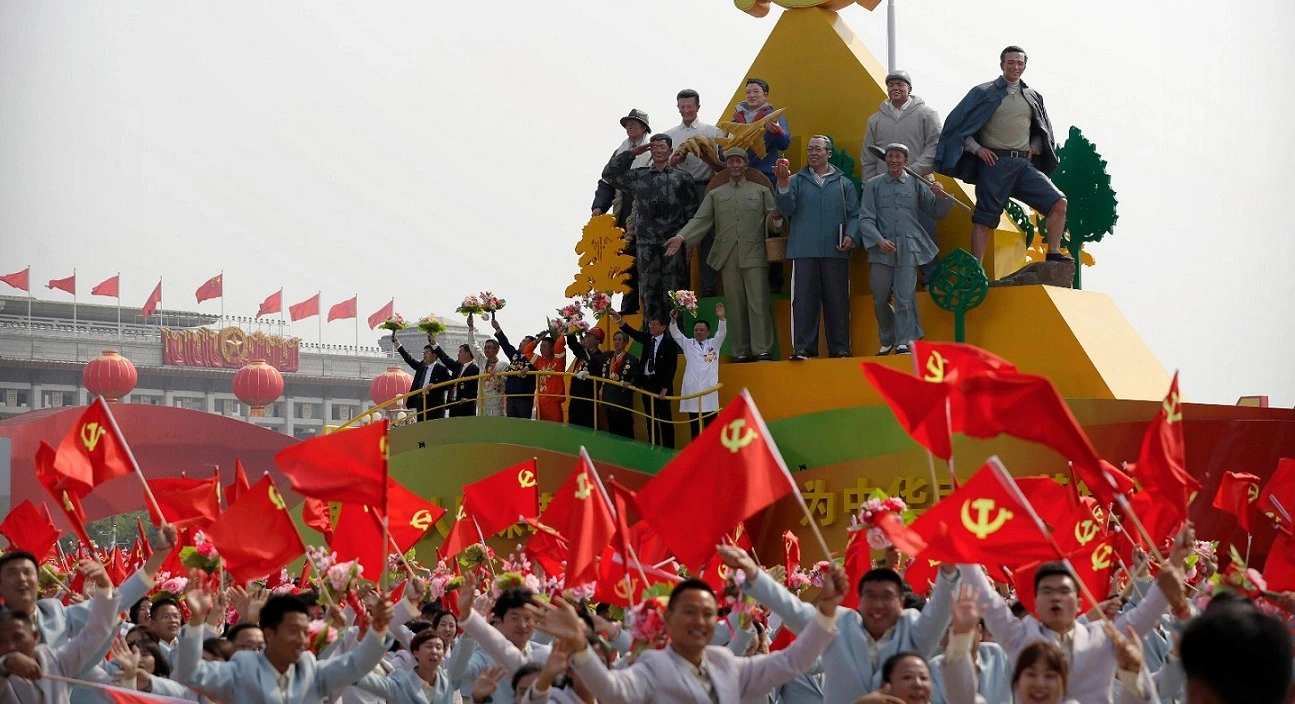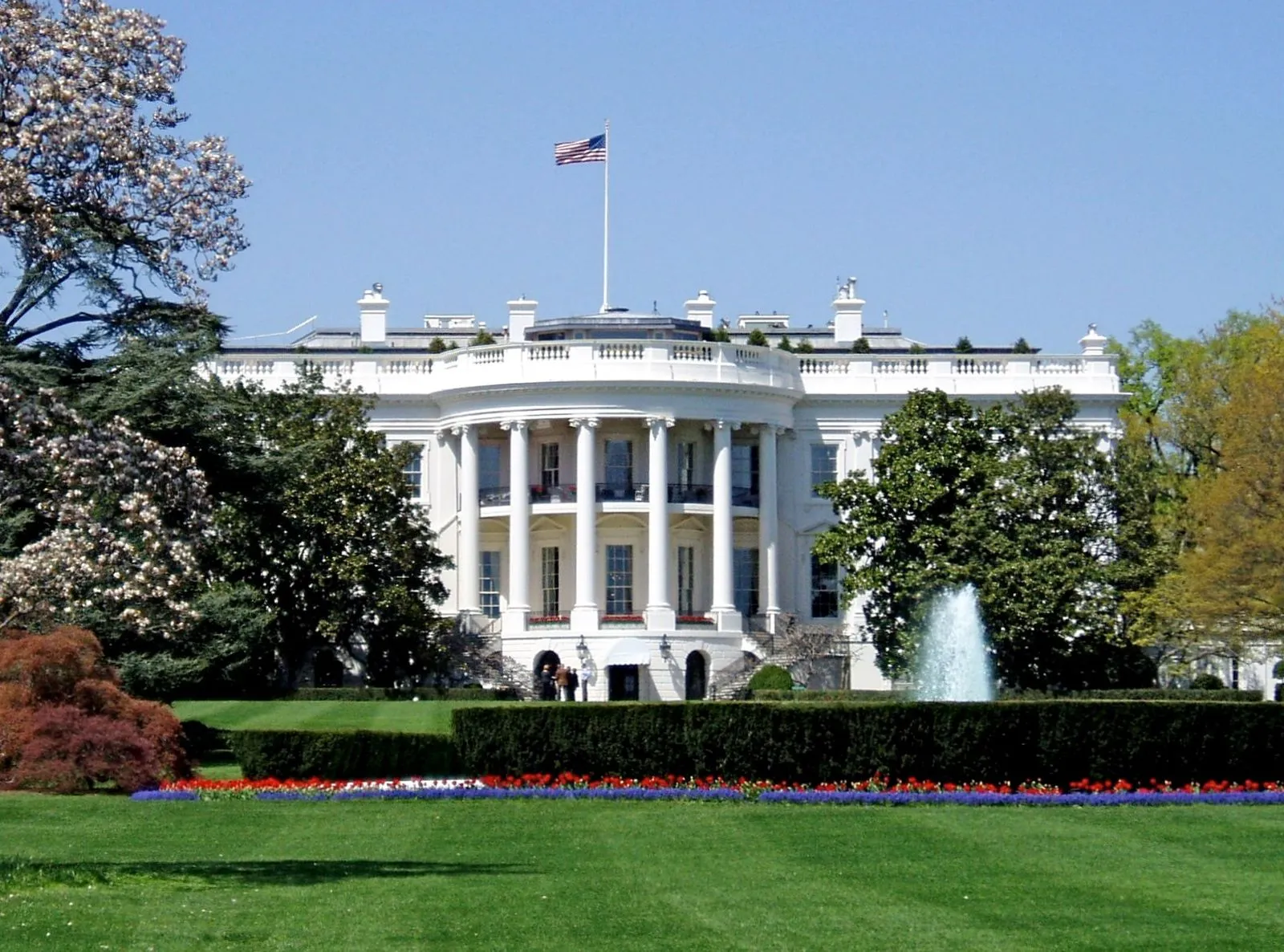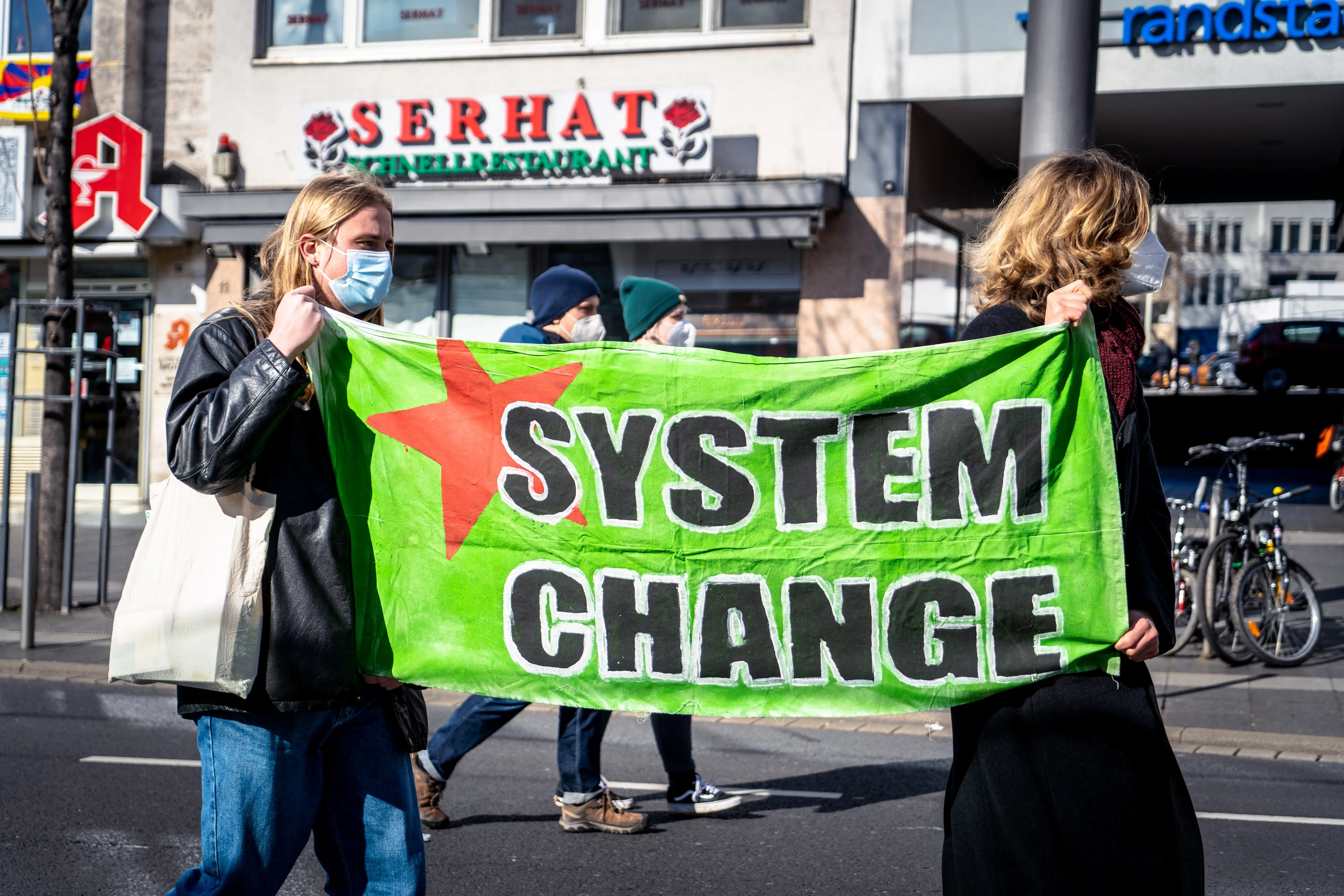American imperialist wars have always been wars of murdering invasions which inevitably bring about social and political chaos once their troops have forced their adversaries to submit to a political alliance or a colonial way of life veiled by the hypocritical political policy of bourgeois democracy. Iraq in its complete destruction by the George W. Bush regime unleased untold thousands of Iraqi civilian deaths. The actual casualty numbers are still disputed today. What eventually will be understood once the United States no longer exists as a nation-state, as all nation-states decline either violently or erode into a fragmented, decaying way of life, the British Empire for instance—is that the American regimes under the various presidents since the time of its inception always wanted more “living space”or Lebensraum. Lebensraum served as a critical component in the Nazi worldview that drove both its military conquests and racial policy, and is similar to the American quest for endless hegemony. The major difference is that while the Nazi regime of Germany advocated the policy of fascism in the most direct way, the American political policy has been to mask their need for more economic living space with the ideal of a democratic way of life no different in some ways to that of ancient Athens before it fell by overreaching and was destroyed by the Peloponnesian forces led by Sparta.
If we study closely the tragedy of Iraq that was imposed by the Bush regime we can see there is a parallel between what the Athenians and the modern American regimes have done in the most heinous and vicious way through the act of war. Iraq was torn asunder, and her people were murdered. Those Iraqis who survived were enslaved by the American occupation forces in the most grievous and yet subtle ways, for they were not chained and whipped, but instead forced to work for meager wages, to see their wives and daughters humiliated into sexual compliance with the invaders in some cases, and finally to see their men forced into either fleeing Iraq because of political persecution or to join the Iraqi army. The Iraqi army does the bidding for the imposed Iraqi regime. Although it appears to be seemingly independent, it is actually a servant of United States foreign policy. The Iraqi leadership would claim otherwise in regard to this. But again, we must observe more deeply that this situation is not just one of political repression. The quasi-colonized country of Iraq is a part of the American bourgeoisie need for economic living space. Iraq is not a country of self-determination and independence. It should also be noted that Germany is also a colonized country for United States economic and military interests. The current United States regime uses German territory to advance U.S. military forces to encroach upon the Russian borders from the Baltic countries down to Poland.
I am reminded of what Friedrich Engels wrote about this concept of economic land plundering in that ““The need of a constantly expanding market for its products chases the bourgeoisie over the whole surface of the globe. It must nestle everywhere, settle everywhere, establish connections everywhere.” That nestling that Engels wrote about, the American foreign policy has pursued ruthlessly over the last two hundred and forty-six years, a policy of taking over other nation-states either through diplomatic coercion or through decimation and utter destruction through acts of war.
What happened to Iraq is no different than what has happened to other nations that have been bent to the principles of American hegemony. These countries include Libya and the Ukraine. The latter case is one of political duplicity over a naïve Western Europe thinking that Russia is the country with criminal intent regarding its choice to bring war to Ukraine instead of understanding that the Americans, her native allies and the neo-fascist Ukrainian regime are bringing war to the territories of the Russian Federation. The Russian military forces have never been a naïve force even if their civilian leadership was naïve about the intentions of America in its long-range goal for destroying Russia and her people as a world power. Saddam Hussein was naïve in that he never imagined the United States would lie blatantly about there being weapons of mass destruction in the arsenal of the Iraqi military forces, when no such weapons existed. In a recent interview the FBI agent George Piro gave about his interrogation with Saddam Hussein, he revealed this important confession by the Iraqi leader:
So, what he told me was that, of course, Iraq did not have the WMD that we suspected he had; Saddam had given a critical speech in June of 2000, which was a speech where he said that Iraq had WMD, and a lot of people wanted to know why — if he didn’t have WMD, why did he give that speech?... And when he told me about that speech, his biggest enemy wasn’t the United States or Israel. His biggest enemy was Iran, and he told me he was constantly trying to balance or compete with Iran. Saddam’s biggest fear was that if Iran discovered how weak and vulnerable Iraq had become, nothing would prevent them from invading and taking southern Iraq. So, his goal was to keep Iran at bay.
Saddam Hussein’s naivete was exposed like many in positions of Third World leadership. For those in the Middle East who wield power with the fist of their armed forces instead of with the power of their people, the end result is the death of the country or nation.

And then came the death of Saddam Hussein’s people. The national minorities also became martyrs of the leadership. It was naïve of him to think it was not the United States that was the enemy that wanted to kill him and bring his nation into its economic living space, a phrase that I created to give a more succinct understanding of American hegemony and its need for the unquenchable plunder of other peoples and nation-states. Rarely do the American political historians or the American media admit the actual motives of American foreign policy. As the American columnist, Robin Abcarian wrote in the Los Angeles Times:
Twenty years ago, President George W. Bush ordered the invasion of Iraq, toppling the despot Saddam Hussein and fomenting a kind of hell that Iraq is still grappling with today.
Twenty years ago, this country’s mainstream media — with one notable exception — bought into phony Bush administration claims about Hussein’s stockpiles of weapons of mass destruction, helping cheerlead our nation into a conflict that ended the lives of thousands of Americans and hundreds of thousands of Iraqis. The war — along with criminally poor post-war planning on the part of Bush administration officials — also unleashed horrible sectarian strife, led to the emergence of ISIS and displaced more than 1 million Iraqis.
It was a former Iraqi museum worker, Luma Yas al-Dori, who was more direct about the U.S. military plunder of Iraqi by stating “Archeology was badly damaged across the country as most guards at historical sites fled their posts. The looting of the Iraqi museum is the most serious organised robbery of cultural heritage in history, and it was carried out with the help of the US army”.
There have been twenty years of silence from the American people who have never been able to admit to themselves the utter hell they created for the Iraqi people, where their husbands, wives, sons and daughters went into the sovereign country of Iraq to lay waste to that country and make it a desert.
